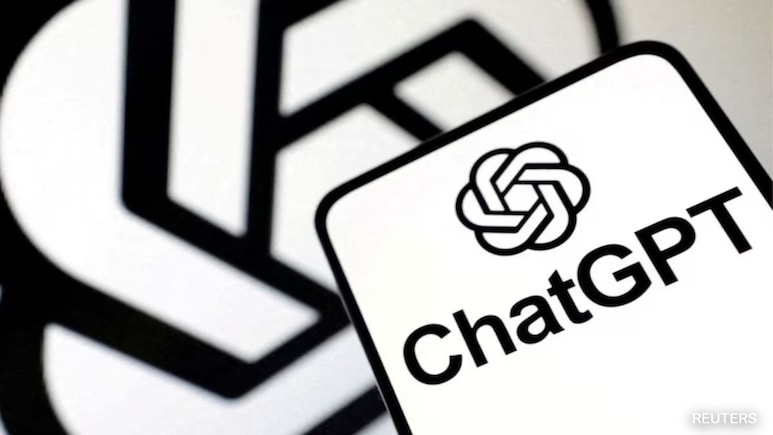
Google has avoided the most severe penalty in its antitrust case. A US court ruled the tech giant won't be forced to sell Chrome, its globally dominant web browser. Judge Amit Mehta, delivering the verdict on September 2, said that Google illegally preserved its monopoly in online search through multi-billion-dollar agreements with Apple, Samsung and other companies.
These arrangements ensured Google Search remained the default option on most devices, locking out rivals. That said, the Judge directed Google to share its data with rivals to open up competition in online search, reported Reuters.
The US Department of Justice (DOJ) sought drastic measures, including a proposal to break up Google by separating Chrome from its search business. Prosecutors said that losing Chrome, which is the main gateway for billions of searches, was the only effective way to dismantle Google's competitive advantage, according to Jason Aten, a tech columnist at Inc.
But the court determined that the market shifted significantly since the case began in 2020. "Generative AI tools such as ChatGPT, Claude and Perplexity now represent genuine alternatives to Google Search," the ruling said.
According to a Reuters report, Google's dominance is under threat from fast-growing AI tools like OpenAI's ChatGPT, already eating into its market share. With access to the data Google must now share, AI firms could build stronger chatbots, search engines and even web browsers.
Instead of structural separation, Judge Mehta imposed a series of behavioural restrictions. Google will no longer be permitted to pay companies to secure exclusive default search placement. In addition, it must share parts of its search index, knowledge graph and certain advertising data with competitors on fair terms, stated the Inc report.
The ruling also says Google must give users real choice screens when setting up devices, be more transparent in its ad auctions and allow monitoring from an independent technical committee. These steps aim to remove the unfair advantage Google gained by being the default search engine and stop it from carrying that dominance into AI-powered search, said the court, according to Inc.
Central to the judgment was the rapid rise of AI-powered platforms. Microsoft has integrated OpenAI's technology into Bing, while start-ups such as Perplexity are developing conversational interfaces that function more like assistants than traditional search engines.
Judge Mehta suggested that these innovations were already loosening Google's grip. Forcing the company to divest Chrome, he said, would be unnecessarily disruptive given the new competitive landscape.
The ruling stems from a five-year legal battle between Google and the US, where regulators and lawmakers have repeatedly challenged Big Tech's market dominance, Reuters reported. In 2024, Judge Mehta determined that Google maintains an illegal monopoly in online search and related advertising.
Track Latest News Live on NDTV.com and get news updates from India and around the world

